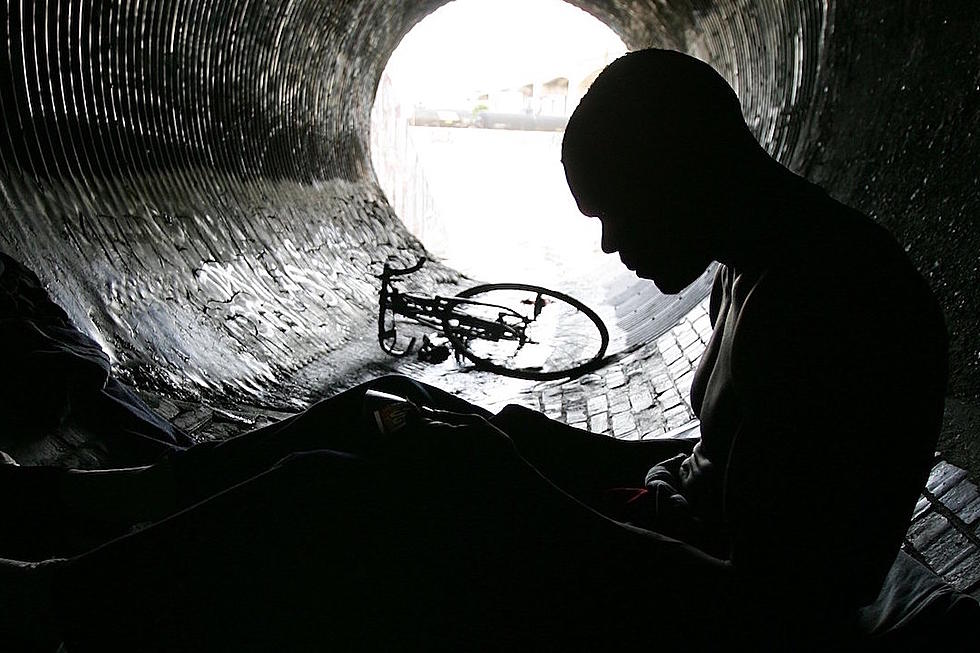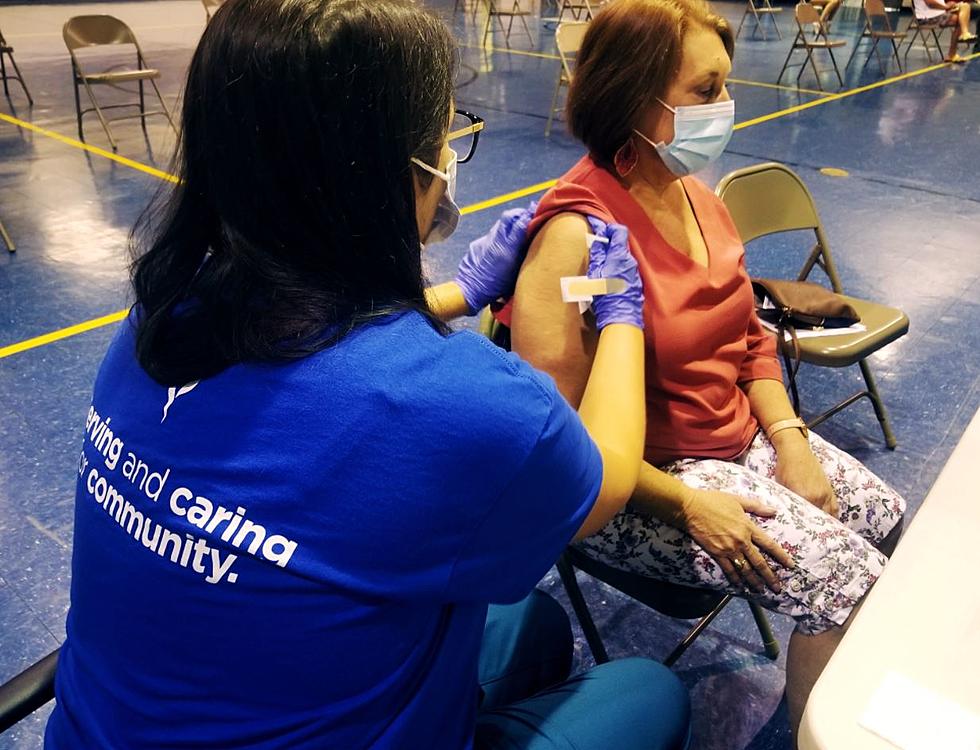
Suicide Rates Could Increase by 32 Percent Due to COVID-19; Here’s How to Seek Help
Over 235,000 people have reportedly died because of coronavirus around the world, with over 64,000 dead in the United States, but there’s another crucial statistic that isn’t counted in the official numbers — suicides. Experts are offering reports on COVID-19 and suicidality during the pandemic, with one study predicting a 32 percent increase in suicides in the state of Michigan.
The 32-percent figure has been published by Pine Rest Christian Mental Health Services, based on the increase in suicide rates post-SARS epidemic in Hong Kong (31.7 percent for two years after SARS.)
The study also reports that alcohol sales in Michigan have increased by 41 percent since the onset of the pandemic, while marijuana sales have nearly doubled. It also addresses the variables of insomnia, increased access to guns, domestic violence and more.
First responders and health care workers are believed to be at the highest risk for suicide, due in part to PTSD suffered on the job. Scientific American notes two nurses who took their own lives on the same day, both deeply traumatized by their experiences on the front lines.
In Tennessee, former United States congressman and mental health advocate Patrick J Kennedy told Metro Nashville Network that calls to suicide hotlines have increased by 800 percent. “The tragedy of COVID is it exacerbates this already prevalent mental health and addiction crisis. No one doubts that mental health and addiction is real,” Kennedy says. “Every single American has been faced with a mental health issue in this COVID crisis, themselves, not just a family member, but themselves. We ought to be concerned about people dying. Whether they’re dying of the COVID or whether they’re dying of overdose, it’s still a death and there’s not one that’s worse than the other because both deaths rob families and a loved one, and they ought to be paid attention to.”
The Crisis Text Line reports a 40 percent increase in crisis texts since March, with one in five texts mentioning COVID-19 specifically. Active Minds, Inc. report that the mental health of college students has been hit hardest by COVID-19, with 20 percent reporting significantly worse mental health due to the crisis.
If you’re struggling with mental health issues during the pandemic, please reach out to a loved one or call the Suicide Prevention Hotline at 1-800-273-8255. On a day-to-day basis, just talking about how you feel can be a helpful solution.
Support groups and help lines for access to mental health care can be found through the National Alliance on Mental Illness.
A guide on how to find the right mental health care for you can be found at Mental Health America.
Rockers We’ve Lost in 2020
Rockers We've Lost in 2020
More From 1130 The Tiger










